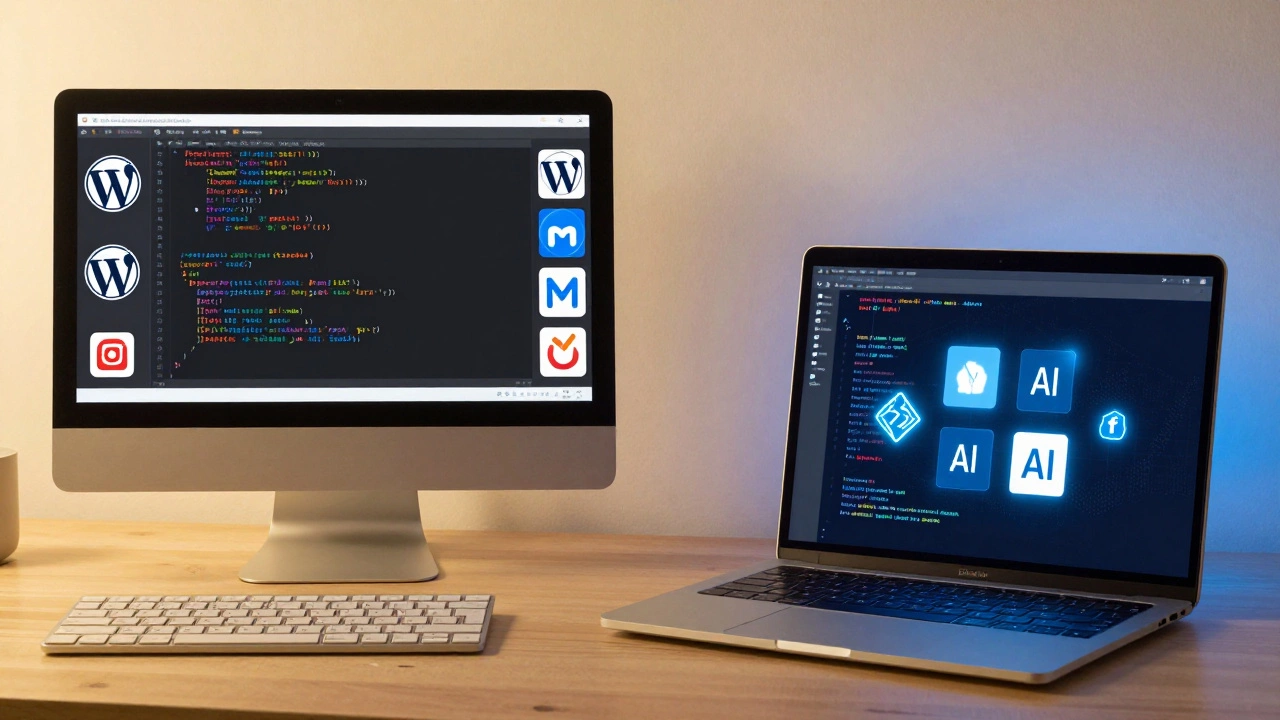PHP Development: What You Need to Know in 2025
If you’ve heard the word PHP and wondered if it’s still worth learning, the short answer is yes. It powers millions of sites, from tiny blogs to massive e‑commerce platforms. In this guide we’ll break down why PHP matters, which tools are hot right now, and how you can level up without getting lost in jargon.
Why PHP Still Matters
First off, PHP isn’t going anywhere because the web still needs fast, cheap server‑side code. Platforms like WordPress, Drupal and Laravel keep the ecosystem alive, and they all rely on PHP. That means new jobs keep popping up for developers who can write clean, secure scripts. Also, PHP 8.2 brings JIT compilation and improved type handling, which make apps run smoother and safer.
Another boost is the rise of headless CMS solutions that expose data via APIs while still using PHP under the hood. If you combine a modern JavaScript front‑end with a PHP back‑end, you get the best of both worlds: rich user experiences and a rock‑solid server.
Top Resources to Boost Your PHP Skills
Learning PHP is easier than ever. Start with the official PHP manual – it’s free and packed with examples you can run straight away. For hands‑on practice, try building a small blog using Laravel’s starter kit; the framework’s conventions teach you good architecture without the overhead.
If you prefer video, YouTube channel "CodeCourse" breaks down real‑world projects step by step. Pair that with a community like the r/PHP subreddit, where you can ask quick questions and see how others solve common problems.
Don’t forget testing. Tools like PHPUnit let you catch bugs early, and they integrate nicely with CI pipelines on GitHub Actions. Adding tests might feel extra at first, but it saves hours of debugging later.
Finally, keep an eye on security. Use Composer to manage dependencies, enable strict types, and always sanitize user input. The OWASP PHP Security Cheat Sheet is a quick reference that helps you avoid the most common pitfalls.
Ready to start a project? Pick a simple idea – a to‑do list, a personal portfolio, or a basic API. Sketch the data model, write a few routes, and test each step. You’ll see how PHP’s built‑in server makes development fast, and you’ll get a portfolio piece you can show to future employers.
Bottom line: PHP remains a practical, job‑ready skill in 2025. With modern versions, powerful frameworks, and a wealth of learning resources, you can build fast, secure web apps without a steep learning curve. Dive in, experiment, and let the community guide you along the way.





